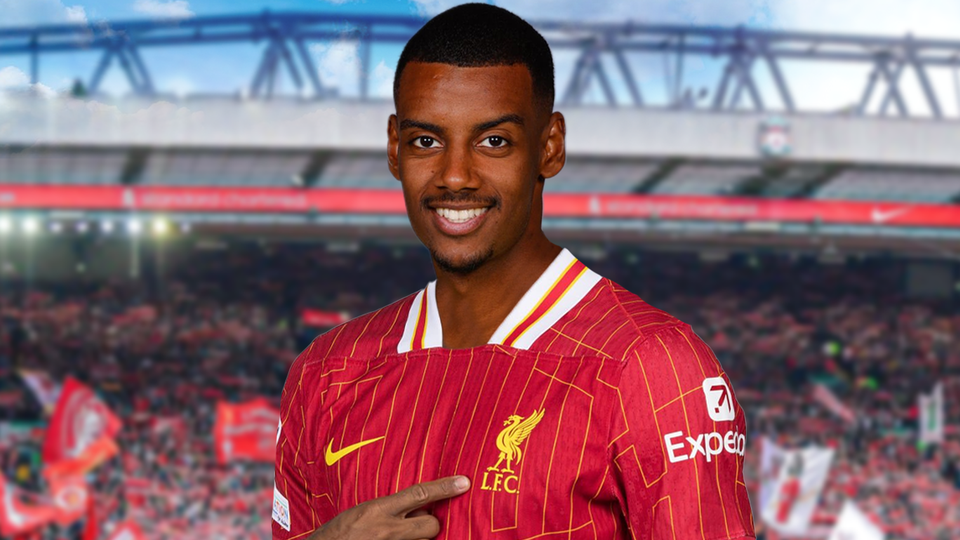The summer transfer window closed with a frenzy of drama, tantrums, and record-breaking deals that turned football into pure theatre. For three relentless months, the action unfolded like an epic tracking shot, with names flashing across screens, surprise twists, and the ultimate countdown to that inevitable message: Window Closed.
The numbers were staggering. Premier League clubs spent a record £3.1bn, racking up a £1.4bn trading loss, yet somehow this is celebrated as victory. The top five English clubs alone outspent the entire combined “big five” European leagues. Bournemouth are now offering bigger wages than most of Serie A, while Ligue 1 walked away with a £250m profit. For all the money, however, only two players from last year’s Ballon d’Or top 25 joined – Florian Wirtz and Viktor Gyökeres – underlining that the spending spree is less about securing Europe’s elite and more about sustaining the spectacle.
The transfer window itself has evolved into an entertainment product. The hysteria is deliberate, weaponised by the Premier League to generate clicks, conversations, and global reach. Deadline day tantrums, cancelled deals, and late-night sagas have become subplots, part of a wider drama that rivals actual competitions in online engagement.
So, who really won? Liverpool were clear headline-makers, balancing their books while signing marquee players and fending off rivals in high-stakes negotiations. Arsenal strengthened all the right areas but now face the pressure of expectation. Tottenham and Newcastle made smart additions, while Fulham and Crystal Palace emerged as perceived losers despite steady squads. Manchester United, meanwhile, continue to exist in their own eccentric universe.
Yet the real winners may well be Chelsea. They pocketed £90m from the Club World Cup, sold over £300m worth of unwanted players, and have turned player trading into an art form. More importantly, they seem to have cracked the PSR puzzle – trading aggressively, selling assets, and shifting money in ways that set the template for others to follow. Chelsea’s approach suggests financial rules are there to be bent, and in doing so, they’ve turned everyone else into Chelsea.
This is football’s version of the London housing market – a bubble that never bursts because it isn’t about rational economics, but about moving money around in a closed system. Predictions of doom linger, with billions owed in deferred transfer payments, but for now, the spectacle rolls on. In the end, the product itself is the real winner.

